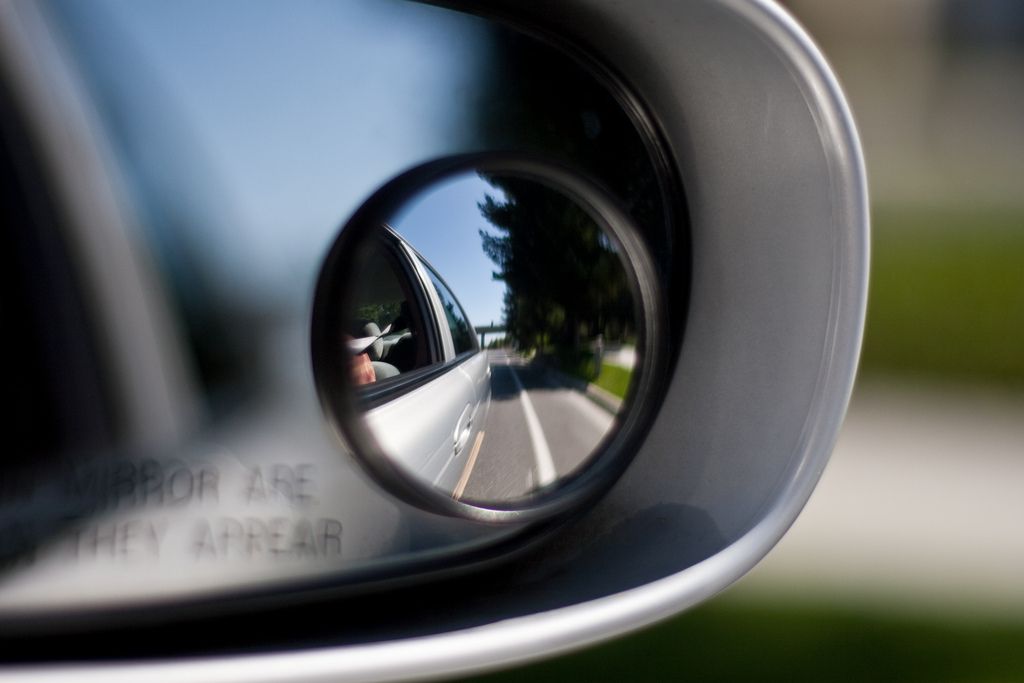The commercial blindspot:Funding news

The idea of the weekend – a £2 levy on broadband that can be used to pay for journalism.
There are almost 20m UK households that are paying upwards of £15 a month for a good broadband connection, plus another 5m mobile internet subscriptions. People willingly pay this money to a handful of telecommunications companies, but pay nothing for the news content they receive as a result, whose continued survival is generally agreed to be a fundamental plank of democracy.
A £2 levy on top – collected easily from the small number of UK service providers (BT, Virgin, Sky, TalkTalk etc) who would add it on to consumers’ bills – would raise more than £500m annually. It could be collected by a freestanding agency, on the lines of the BBC licence fee, and redistributed automatically to “news providers” according to their share of UK online readership.
The logic being, I suppose, that all these big broadband companies make all this money from our hard-earned content, isn’t it about time they paid. Oh, and you consumers need to get that idea of free out of your mind as well.
Roy Greenslade thinks it’s a great idea but there are problems.
Of course there are problems to overcome, such as persuading the various service providers – BT, Virgin, Sky, TalkTalk et al – to become “tax collectors” for news outfits. But a case can be made that they benefit from news production.
The other concern is about big media getting benefits unavailable to start-ups. But I imagine there could be a mechanism to distribute a portion to them as well.
I’m not surprised by the prevailing argument – the web is stripping journalism of it’s inherrent value so they should pay. As much as people would love to think we are beyond it, the anti-digital curmudgeon class still exists in journalism.
I’m more surprised. No staggered by the willful act of ignorance required to simply dismiss the issue of what would essentially be a bail out .
It’s a chilling thought that some of the best, most respected and senior journalists around can still flick a switch in their heads that separates the ‘journalism’ that they do from the organisations that they work for. That somehow journalism transcends the reality of money.
I’m not sure if it’s a blindspot (so steeped in journalism they fail to see the building and infrastructure around them) or blinkers (that many still have a hard-on for making evil digital pay). Whatever it is the idea is as sad for the attitudes it highlights as it is misguided.
Update: Dominic Ponsford has decided that David Leigh’s broadband tax plan is bonkers . But his article is just as bad. Instead of taxing broadband he wants to tax Google.
How well would Google do without all the free editorial content which it is indexing I wonder?
I think (and I might be wrong) they’d be ok, but I digress. Yes, the media benefits from Google…
But with Google UK ad revenues set to top £3bn this year the newspaper industry owners are increasingly looking like householders who, having been woken in the night by burglars, rush downstairs to make them a cup of tea before helping them into their van with the flatscreen TV and the silverware.
The logic might appeal if you are frustrated at the lack of solutions to the complex issue of sustaining journalism. But replacing broadband with google is just as simple and transparent.
More: This response to the original idea is brilliant.
Image courtesy of gogori on Flickr
